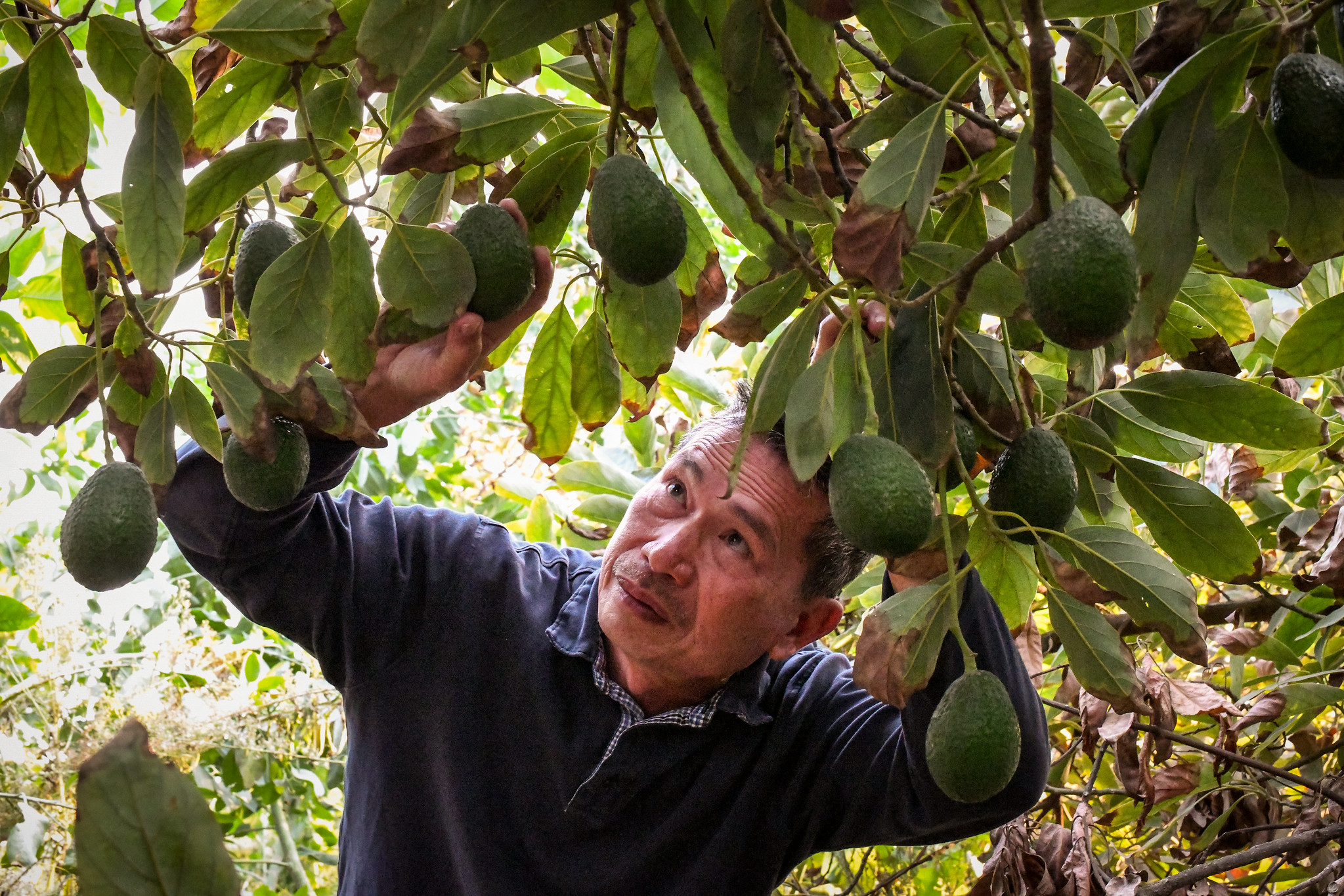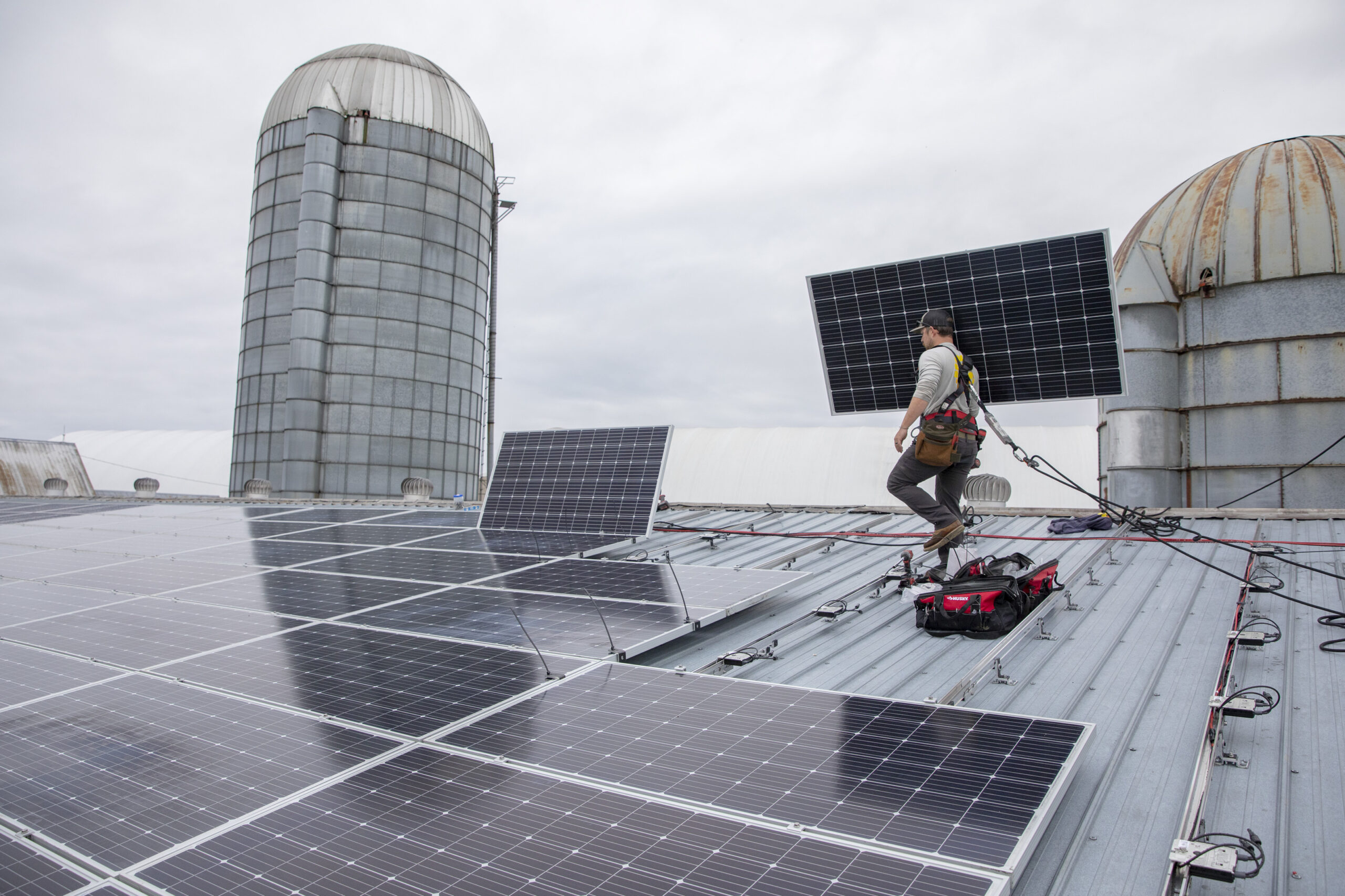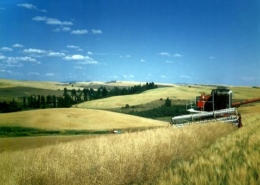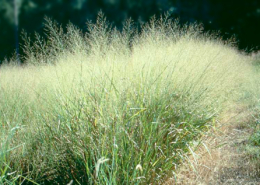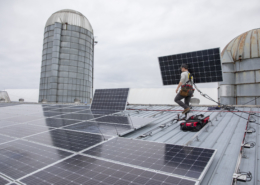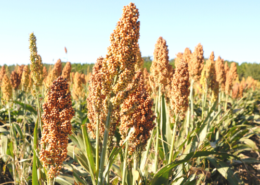Bioenergy
Bioenergy is electricity, gas, heat, or other kinds of energy made from renewable biomass feedstocks such as trees, agricultural crops, plant residues, and other biological materials. Among the countless ways of turning biological materials into energy are burning, fermentation, anaerobic digestion, gasification, transesterification, and pyrolysis. Some of these processes also produce valuable byproducts like biochar. However, only a few of these methods represent realistic opportunities for the average farm or rural landowner—most notably biofuels such as ethanol and biodiesel and biogas from methane digesters.
Bioenergy processes and “energy crops” are being heavily researched and promoted because of their potential to reduce our nation’s fossil fuel consumption and greenhouse gas emissions. Many types of bioenergy are controversial or have serious environmental consequences when produced at a large industrial scale yet are quite benign and useful at the small scale, where they can help farms become more sustainable and less dependent on fossil fuels.
The practical ATTRA publications and other resources in this section explain how to make and handle biodiesel and other biofuels, evaluate the feasibility of anaerobic digestion systems, use biochar, and produce biogas on a small scale.
Related Topics
Staff Expert


